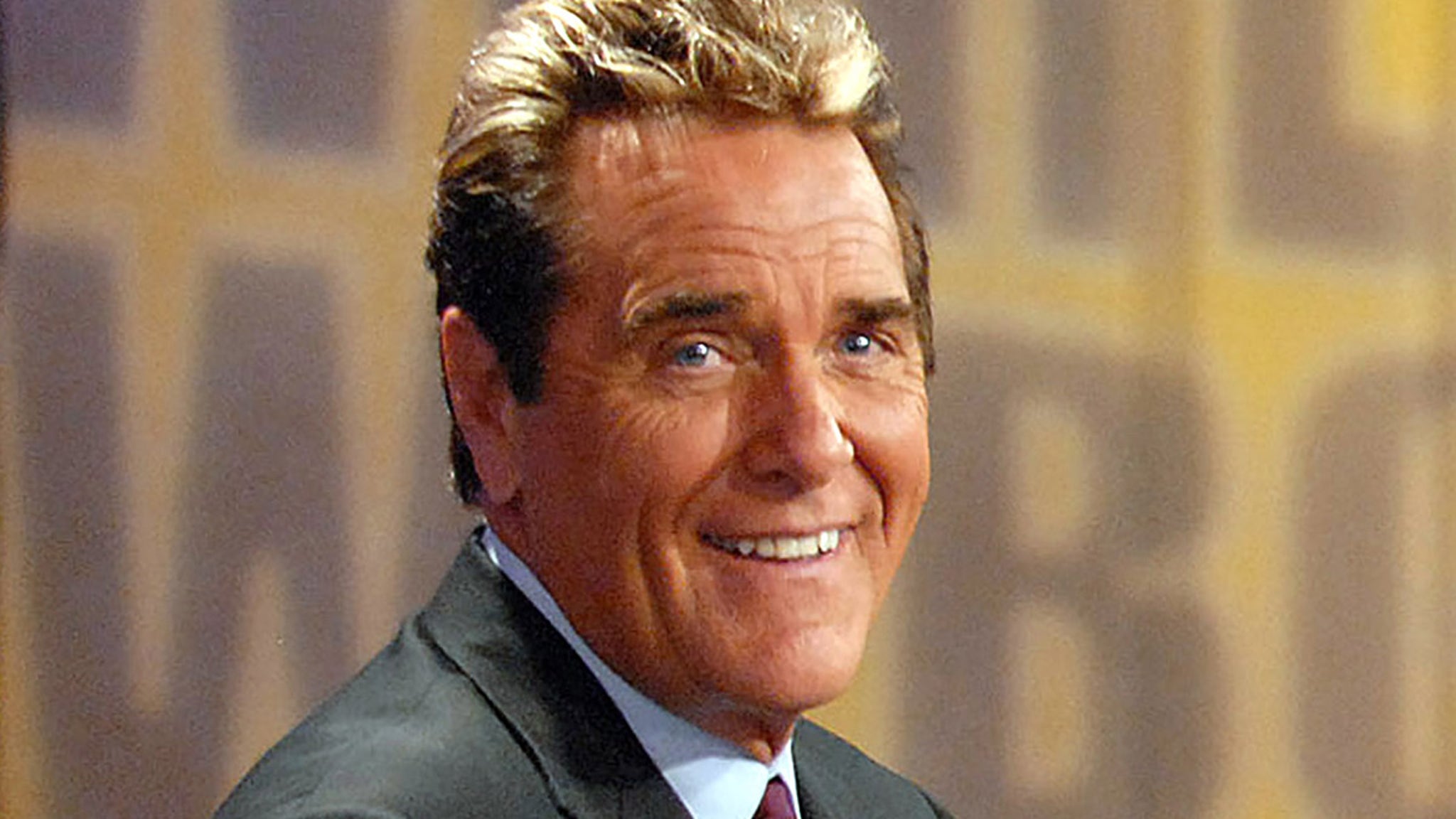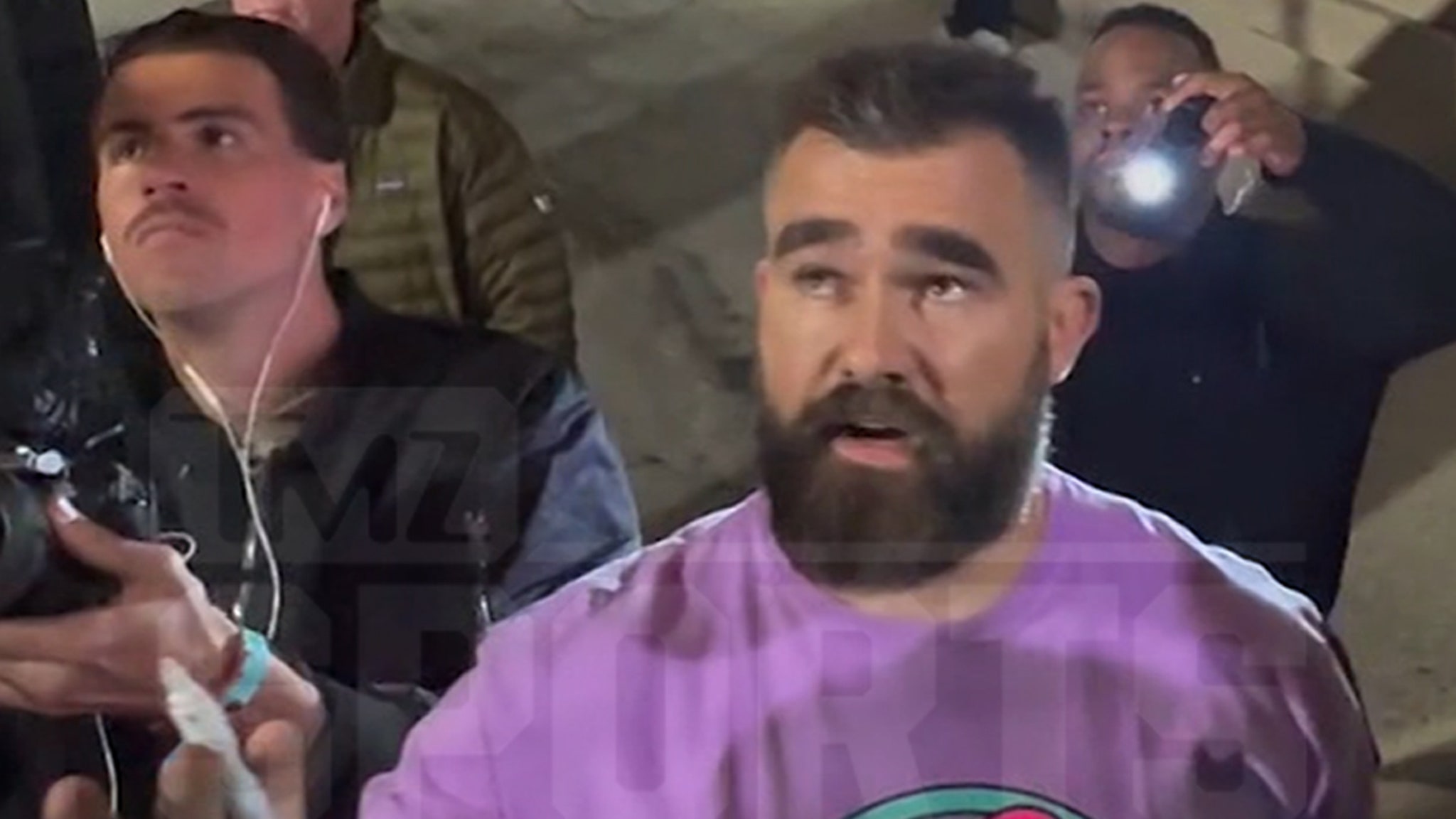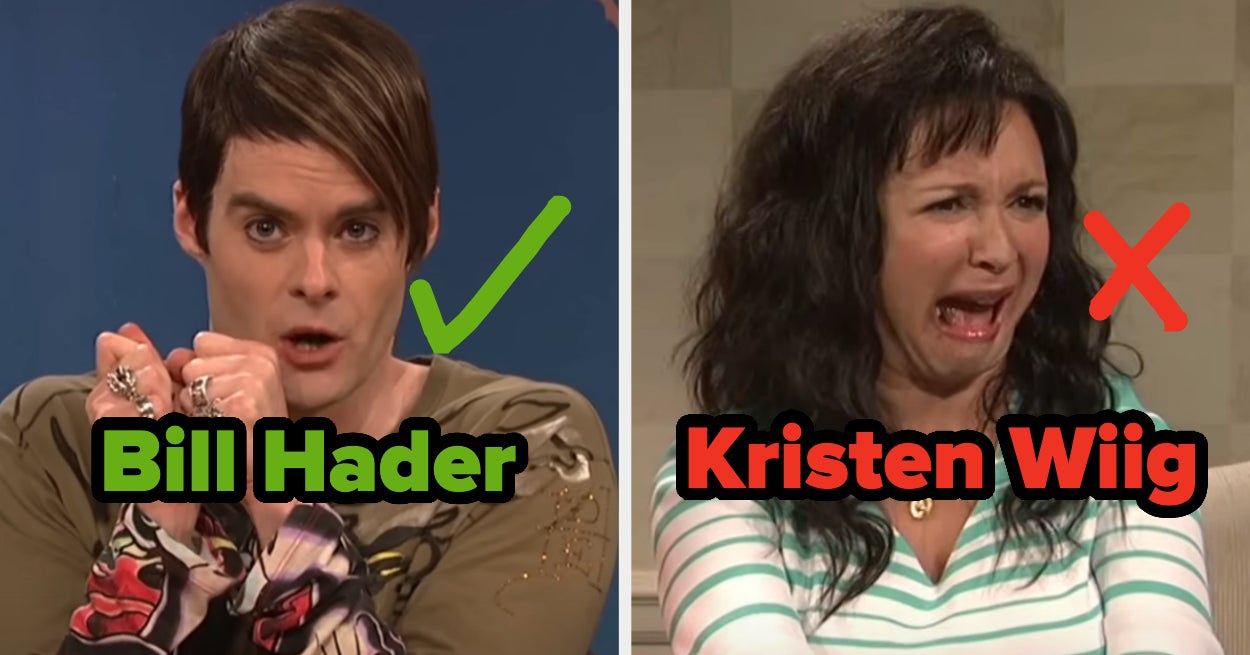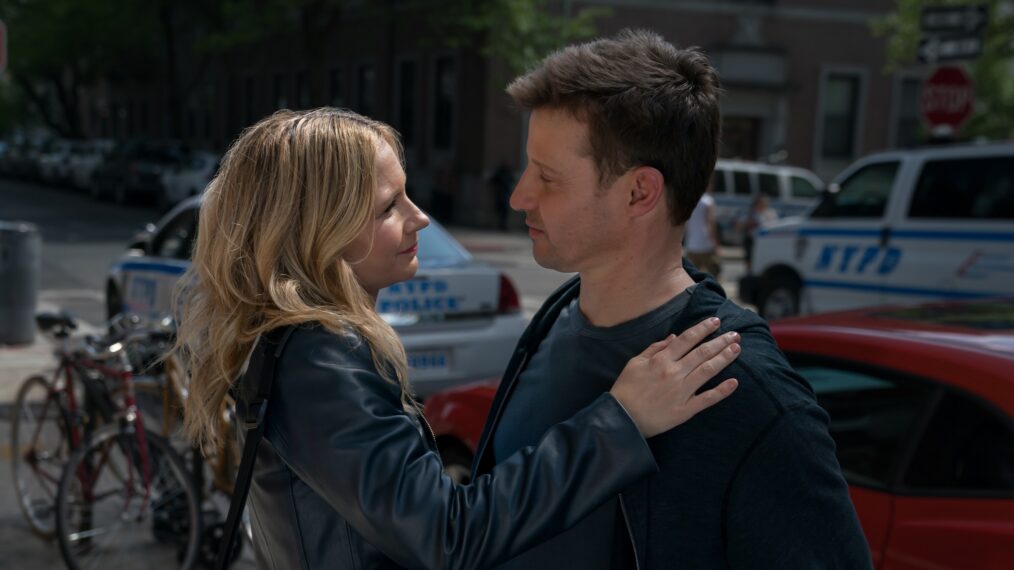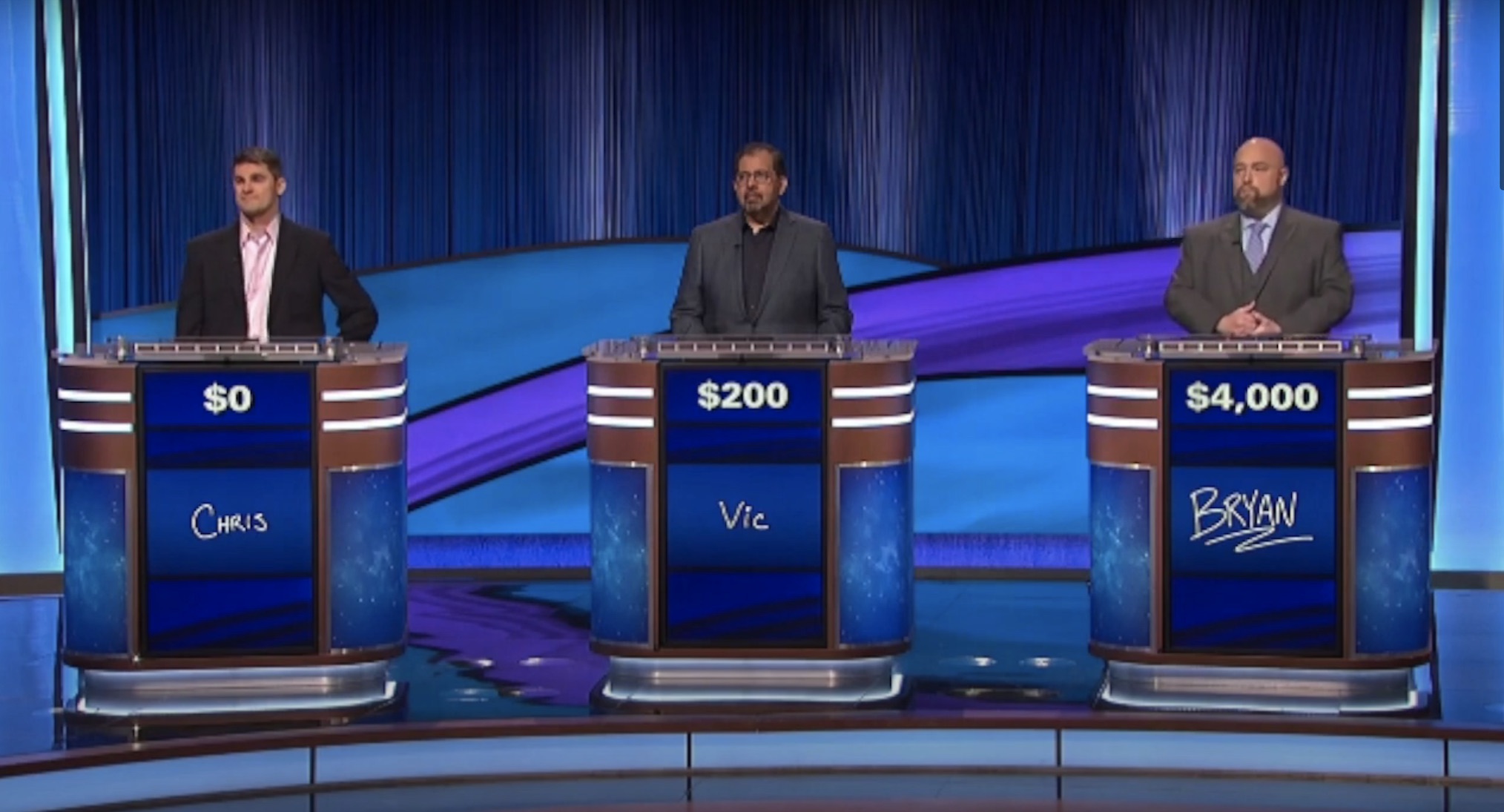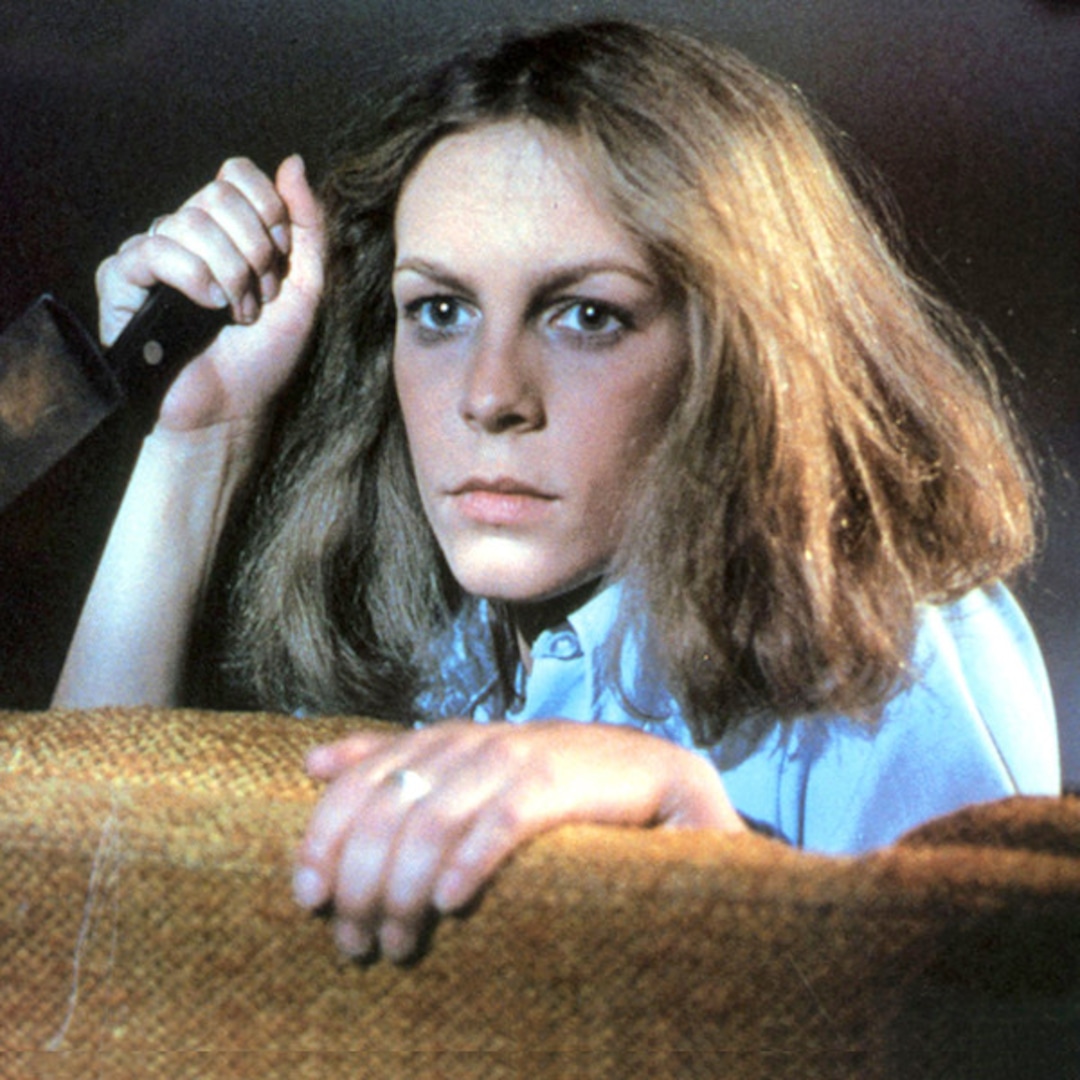When it comes to the horror genre, few films loom as large as William Friedkin’s 1973 masterpiece, The Exorcist. Its enduring legacy has spawned countless imitations and sequels over the past 50 years. So, at first glance, writer-director Joshua John Miller’s decision to tackle The Exorcism might seem bold, given the film’s close ties to the iconic original. It isn’t until you discover Miller’s vision is more than just another addition to the exorcism subgenre, but rather an examination of the process behind the film – a narrative deeply personal to Miller, due to the fact his father, the late Jason Miller, famously portrayed the doomed Father Karras in Friedkin’s film.
Together with co-writer M.A. Fortin, Miller has crafted a narrative that attempts to weave the real-life legacy of The Exorcist into a story about the making of a film eerily reminiscent of the classic. This approach not only pays homage to the original but is also looking to carve out its own unique space in the horror landscape.

The Exorcism follows Anthony Miller (Russell Crowe), an actor grappling with past addictions and trauma, who seeks redemption through the role of Father Arlington in a new horror movie “The Georgetown Project”, a film that is being billed as a remake of The Exorcist. This opportunity arises after the original actor is mysteriously killed while rehearsing on set. Coincidentally, Anthony’s estranged daughter Lee (Ryan Simpkins) returns home after being expelled from school.
Desperate to revive his career, Anthony auditions for the part. Despite a challenging audition, he secures the role after the director compels him to confront his personal tragedies, including his time as an altar boy and his wife’s death. Anthony then hires Lee as his personal assistant, and she agrees, partly motivated by the chance to work alongside the film’s star, Blake Holloway (Chloe Bailey).

From day one, Anthony appears to struggle with his role, fearful of confronting his past mistakes. His performance is further hindered by the overbearing director, who forces Anthony to relive painful memories he’d rather forget.
As Anthony’s behavior becomes increasingly erratic, Lee and Blake consult Father Conor (David Hyde Pierce), the film’s religious consultant, worried about the impact the movie is having on Anthony’s mental state.
During the pivotal exorcism scene, Anthony’s performance takes an even more shocking turn, confirming Lee’s fears that something is terribly wrong with her father – Only it’s something far worse than she could have ever imagined.
As the line between fiction and reality blurs, Lee must determine if she has what it takes to save her father – and if he’s even worth saving.

At the center of The Exorcism is Russell Crowe, playing Anthony Miller, a down-on-his-luck actor attempting to rebuild his life. For much of the film, Crowe delivers a compelling performance of a man with a troubled past seeking redemption. However, as the story progresses into more supernatural territory, Crowe’s portrayal of a man possessed feels awkward and ill-suited to his strengths as an actor.
Along with Crowe, David Hyde Pierce also feels out of place in the film. While a talented actor in his own right, Hyde Pierce seems miscast in this role, as his character is unbelievable as a man of the cloth.
Adam Goldberg’s portrayal of the film’s demanding director is a standout performance. His character’s intense approach evokes stories about William Friedkin’s notorious directing style on the original Exorcist set. Friedkin was known for his controversial methods, reportedly using unexpected tactics like firing blanks without warning and physically manipulating actors to elicit genuine reactions. Similarly, Goldberg’s character relentlessly pursues the perfect shot, pushing Anthony to confront traumatic memories at a steep emotional cost. This dynamic creates a thought-provoking parallel to accounts of Friedkin’s legendary intensity while raising questions about the ethics of such directorial approaches in pursuit of authenticity.

Unlike The Exorcist, this film is less about demonic possession and more about the lasting impact of trauma and the devastating toll it can take on one’s life. Through Anthony’s journey, the film explores one man’s desperate attempts to rebuild his life after allowing his addictions to control him. However, it doesn’t settle for a simplistic narrative of recovery. Instead, it poses a challenging question: Is merely stopping addictive behaviors and trying to forget the past enough?
Miller and Fortin’s script argues that true healing requires confronting one’s demons head-on. The film explores the idea that simply running from your past traumas only leaves one vulnerable when inevitably faced with them again. This theme is powerfully illustrated through Anthony’s struggle with his role in “The Georgetown Project.” As he grapples with portraying Father Arlington, he’s forced to confront the very aspects of his past he’s tried so hard to bury.
The Exorcism suggests that the path to redemption isn’t just about abstaining from destructive behaviors, but about facing and processing the underlying trauma that fuels them.

While the first two acts of the film explore these psychological elements, the narrative takes a sharp turn in the final act. The focus shifts abruptly from Anthony’s inner battle with his personal demons to a more literal interpretation of demonic possession. This transition feels jarring and somewhat undermines the story that had been building up to this point. Instead, the film veers into more conventional horror territory, relying on tropes typically associated with exorcism movies.
Moreover, when the film does decide to introduce these horror elements, like its recent counterpart The Exorcist: Believer, The Exorcism largely abandons the deeply religious elements that made the original Exorcist so disturbing. Where Friedkin’s film showcased two priests struggling against an overwhelming evil force, this new iteration opts for a more simplified approach. A single prayer seems sufficient to defeat a demon, albeit with the obligatory casualty that has become a trope of the genre. While the film does include elements of the Catholic Church, it lacks the profound spiritual exploration that gave The Exorcist its unsettling power.
This watering down of the religious aspects, combined with the awkward handling of the supernatural elements, results in a film that struggles to find its footing in its latter half.

Ultimately, The Exorcism’s strength lies in its exploration of trauma, addiction, and the hard-fought path to redemption. However, the complete tonal shift to more conventional horror tropes in the final act makes the film feel disconnected, leaving the viewer feeling like they’ve just watched two separate movies. Miller would have been better served by committing fully to either the story of a man grappling with his past or by creating a more traditional exorcism film in the vein of its predecessor.
Moreover, the film hints at an intriguing concept that ultimately feels lost in the shuffle. Miller appears to show traces of what the original set was like during the filming of The Exorcist, including the at-times hostile working place, and some of the potential life-threatening accidents that are said to have occurred on set, issues that have left many to believe that the original set itself was cursed. Unfortunately, this aspect of the story, which could have provided a fascinating meta-commentary on the making of a horror classic, is underdeveloped, and ultimately overshadowed by the final story of possession.

A film more focused on the original filming of The Exorcist and some of the alleged horrors that took place on that film set would have made for a more compelling and cohesive narrative. Such an approach could have seamlessly blended the psychological exploration of trauma with the supernatural elements of the genre, while also providing insight into the filmmaking process that created one of horror’s most enduring classics.
Instead, The Exorcism tries to juggle too many ideas and genres, resulting in a film that, despite its ambition and strong performances, ultimately fails to exorcise its own demons of inconsistency and unfulfilled potential.
The Exorcism is exclusively playing in theatres at this time. Make sure to check your local listings for a screening near you.


